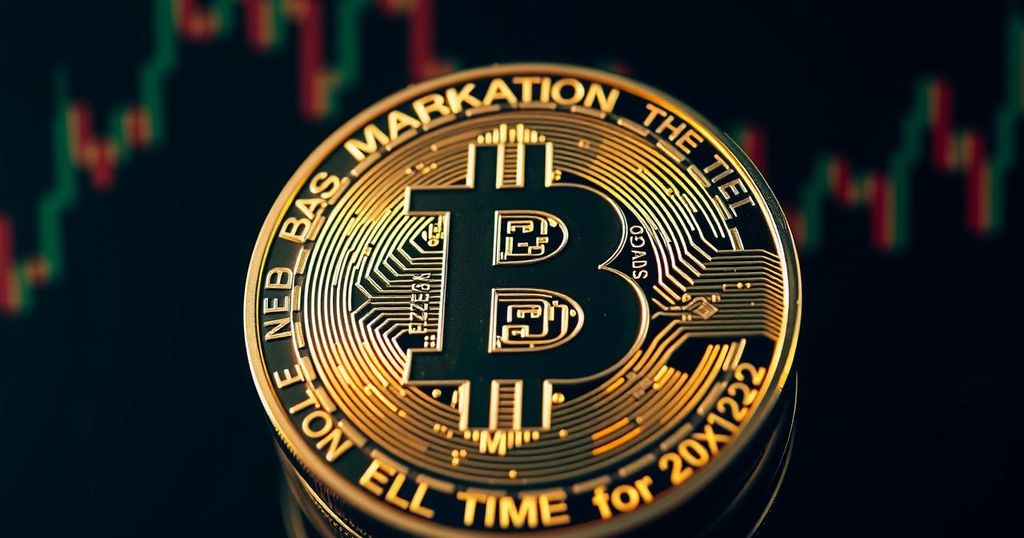Bitcoin Mining Faces Challenges, But Potential Solution Lies in Trump’s Energy Promise
The current state of Bitcoin mining is under a notable threat due to the rising centralization of mining pools, specifically in China. These concentrated mining pools present a serious danger to the security and resilience of the Bitcoin network, as they possess the capability to manipulate transactions and impact transaction processing across the entire Bitcoin network. This situation has sparked concerns regarding the future of Bitcoin mining and its decentralization.
According to reports, Chinese mining pools currently control about 54% of the Bitcoin hashrate, granting them substantial power over the network. Additionally, the use of identical block templates and transaction selection by these mining pools suggests potential collaboration or standardization, exacerbating concerns about Bitcoin’s decentralization and network security.
The consolidation of Bitcoin mining among a few mining pools also raises the threat of potential censorship of transactions, which contradicts the fundamental principles of Bitcoin as a decentralized network with no intermediaries. The dominance of a small number of pools in making pivotal decisions about transaction processing presents a clear threat to the integrity of the Bitcoin network.
However, the previous President, Donald Trump’s commitment to decreasing energy prices during his administration provides a potential solution to the challenges facing Bitcoin mining. By fulfilling his promise to slash energy and electricity prices, Trump could make the United States an appealing jurisdiction for Bitcoin miners and pools. Competitive electricity costs in the U.S., coupled with the country’s robust rule of law, could offer a viable alternative to miners and pools presently located in China.
Trump’s dedication to investing in various energy forms, including oil, nuclear, and solar, holds the potential to significantly lower domestic oil prices. This would not only benefit Bitcoin miners but also align with the U.S.’s sustainability objectives by promoting the use of cleaner energies made more affordable by decreased oil prices.
If Trump follows through on his pledge to make the U.S. an energy powerhouse with the most inexpensive electricity globally, it could effectively mitigate the threats posed by centralized Bitcoin miners. The availability of cheap electricity would draw in more miners and mining pools, thereby contributing to the decentralization of the Bitcoin network.
In conclusion, the escalating centralization of Bitcoin mining presents a significant challenge to the network’s security and decentralization. Nonetheless, Trump’s potential to deliver on his energy promises offers hope for the future of Bitcoin mining. By ensuring competitive electricity prices in the U.S., Trump has the opportunity to make the country an attractive destination for miners and pools, ultimately contributing to the decentralization and security of the Bitcoin network.








Post Comment